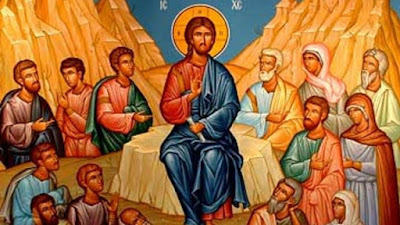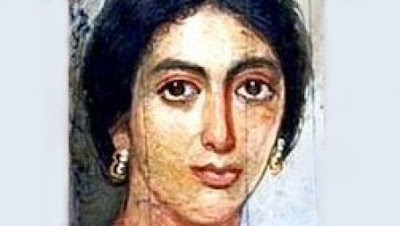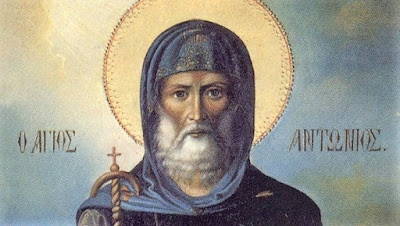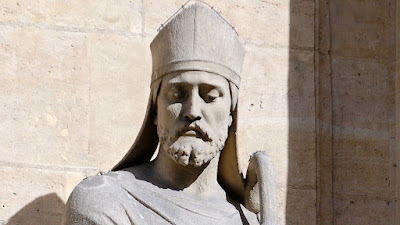Saint Fabian, Pope and Martyr
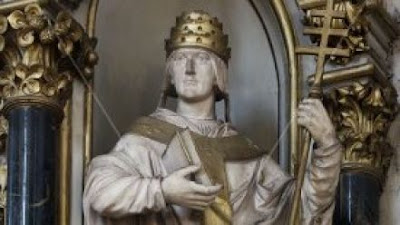
Optional Memorial - January 20th Openness to the Holy Spirit is integral to the selection of the supreme pontiff. The Third Person of the Trinity guides the solemn proceedings. Indeed, the Mass that opens a papal conclave is meant, not merely to mark the start of a momentous decision and most serious process, but to prepare the hearts and minds of the participants to hear the promptings of the Holy Spirit in selecting the new pope. So imagine a conclave in which a dove literally lands upon the head of someone—and a layperson at that—who has journeyed to Rome to see who will become the next pope. Such was the case in 236 A.D. when a simple farmer named Fabian was unanimously chosen to be pontiff because everyone present took the actions of the dove to be a sign from God. The dove is also the symbol of peace, and the first part of Fabian’s papacy was in fact marked by peace. Under Emperor Philip, Fabian was able to expand the Church of Rome without fear of persecution. All
